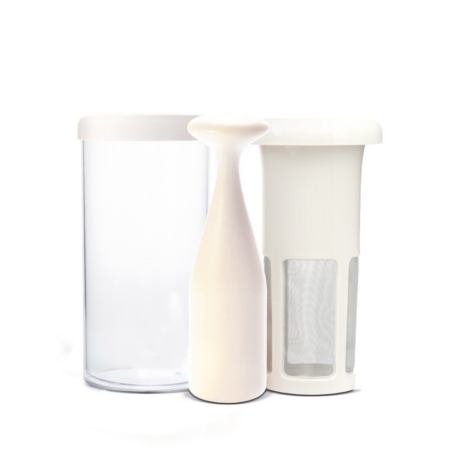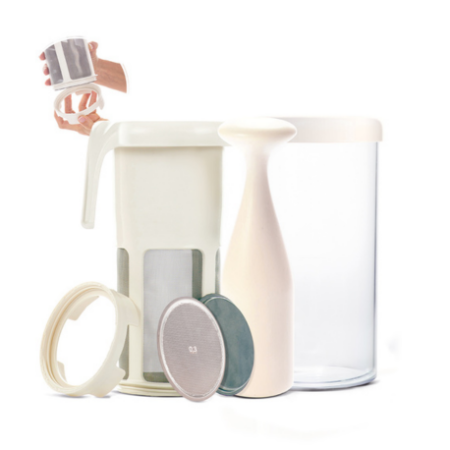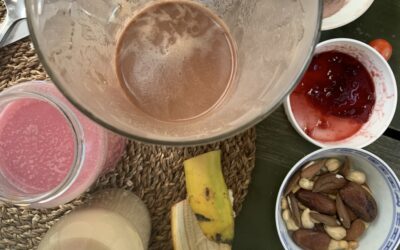Oats is a cereal rich in proteins with a high biological value, fats and many vitamins and minerals and, among the 8 amino acids necessary for life, oats contains 6.
It has a high content in fibre that helps the good performance of the intestine, and also to recuperate and improve the intestinal bacteria. Oats also contains a bit of gluten, thus it can’t be used as an alternative cereal for celiacs.

oats flakes and whole grane
It is also known as being relaxing and its use is recommended in cases of anxiety, stress, insomnia and other nervous disorders, probably due to its high content of vitamin B and avenina, the natural alkaloid of oats, both with a function that balances and structures the nervous system.
It is the cereal with the biggest proportion of vegetal fats, 65% of unsaturated fats and 35% of linoleic acid.
It also has carbohydrates of easy absorption, and when it is not cooked or sterilized in a tetrabrik, keeps many nutrients such as iron, potassium, calcium, phosphorus, magnesium, copper, zinc, vitamins B1, B2, B3, B6 and E and fibre.
It has a soluble fibre, called beta-glucan, which helps us to reduce the risk of cardiovascular diseases.
Oats is also a source of selenium, a mineral that works as a natural antioxidant, protecting us from heart diseases and premature ageing.
Many of the enzymes that oats has, and which are essential for key functions of our body, are also eliminated with cooking or sterilization in a tetrabrik, thus taking this natural vegetal drink you can help to detoxify and balance your body, and to strengthen hair, nails, skin and other tissues, among other benefits already specified.
From a gastronomic point of view, oats milk is frequently used to thicken sauces, creams, and even to produce béchamel sauce and mayonnaise, due to its creamy texture and its delicate taste.






0 Comments